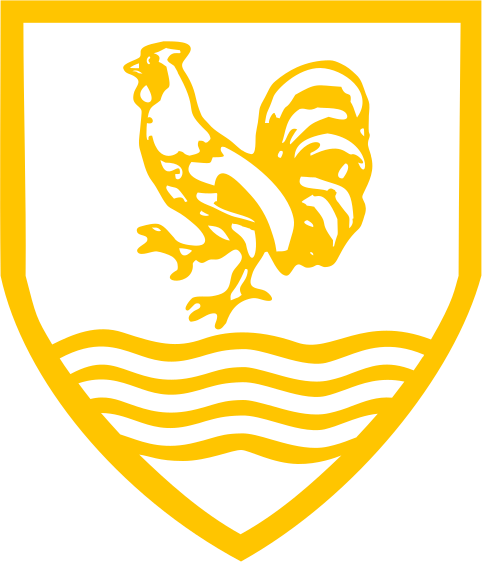Online Safety
At Plat Douet School, keeping children safe online is a top priority. Technology and the internet are powerful tools for learning, creativity and staying connected – but they also come with risks. We work hard to teach our pupils how to be responsible digital citizens and encourage families to support this learning at home.
Below you’ll find useful guidance and recommended links to help you support your child’s online safety.
Top Tips for Parents and Carers
- Talk regularly with your child about their online activity.
- Set clear rules for internet use at home, including time limits and screen-free zones.
- Use parental controls on devices, broadband and apps.
- Encourage your child to tell you if something online makes them uncomfortable.
- Stay informed about the apps, games and websites your child uses.
Recommended E-Safety Links for Parents
General Online Safety Advice
- ThinkUKnow (by CEOP) – Age-specific advice, videos and guides from the UK’s Child Exploitation and Online Protection Centre.
- Childnet International – Resources to help keep your child safe, including guides on screen time and talking to children about online issues.
- Internet Matters – Easy-to-use guidance on apps, settings, parental controls and online issues like cyberbullying and privacy.
Age-Appropriate Safety
- NSPCC Online Safety Hub – Great for understanding what’s appropriate for different ages.
- Common Sense Media – Reviews of games, films and apps with age ratings and advice.
Setting Parental Controls
- UK Safer Internet Centre – Parental Controls – Guides to setting controls on broadband and devices.
- Google Family Link – Manage Android and Chromebook use.
- Apple Screen Time – Guidance for iPhones and iPads.
Online Gaming Safety
- Ask About Games – Helps parents understand PEGI ratings and make informed choices about video games.
- Internet Matters – Gaming – How to help children game safely and responsibly.
What We Teach at School
Through our computing and Emotional Health lessons, we teach children to:
- Keep personal information private.
- Recognise and report inappropriate or unsafe content.
- Be kind and respectful online.
- Understand the risks of social media, gaming and screen time.
- Know what to do if something worries them online.
We also take part in national initiatives like Safer Internet Day and regularly update our curriculum to reflect current online trends and challenges.
